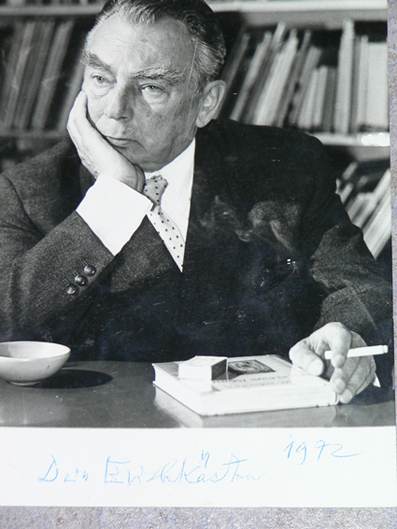You have to understand that Germany has, except superficially, not followed the wave of social or political changes when it comes to promoting women in business, as has happened in the States or Canada and some European countries. When I came to Germany twenty-five years ago, about 6% of women were in management. Now, all this time later, there has not been any noticeably positive development.
As far as I know, over 90% of managers in German companies are German men: then there are some German women: a smattering of foreign men managers: I’ve never heard of any foreign women in management posts, though they must exists.
About seventeen years ago, I got involved in a professional women’s group in the company I worked in at that time. The first three or four years of working in the group were very exciting. We managed, with the extensive support of the company, to start up kindergarten and day care, change the company’s union laws to permit a seven year leave of absence for employees on extended maternity leave or those needing to care for ailing relatives (guaranteeing re-employment), introduce a flexible office/home work model, set up some summer camps for employees children, amongst other things. And along the way the company won a lot of public and media recognition.
Unfortunately, when it came time to see what could be constructively done about promoting equal career opportunity for women within the company, the group quickly ran up against some walls of resistance, and eventually, inner group intriguing rendered the group useless. After seven years, the group dissolved. This saddened me greatly. The experience of seeing this once vitally active group dissolve into a squabbling mess, made me realise that I never wanted to become politically involved in any large group or party again.
I decided instead, to take my political conviction back into my home, my circle of friends, and amongst those I work with. My words and my actions are what make me a feminist. My husband’s words and actions make him a committed feminist sympathizer. And I hope that our daughter and son will be positively influenced as a result: learning to treat others with respect and dignity, and, equally important, to treat themselves with respect and dignity as well.
What breaks my heart sometimes is knowing that even though many good changes occurred through the feminist movement, equal opportunity and equal pay does not exists today. Like Bindi in the article below, I’ve also met younger women who do not know what changes were made by their mothers’ generation and at what cost. This is a shame. Equally, some young women do not believe there is any acute need for change facing them currently. How wrong could they be?



